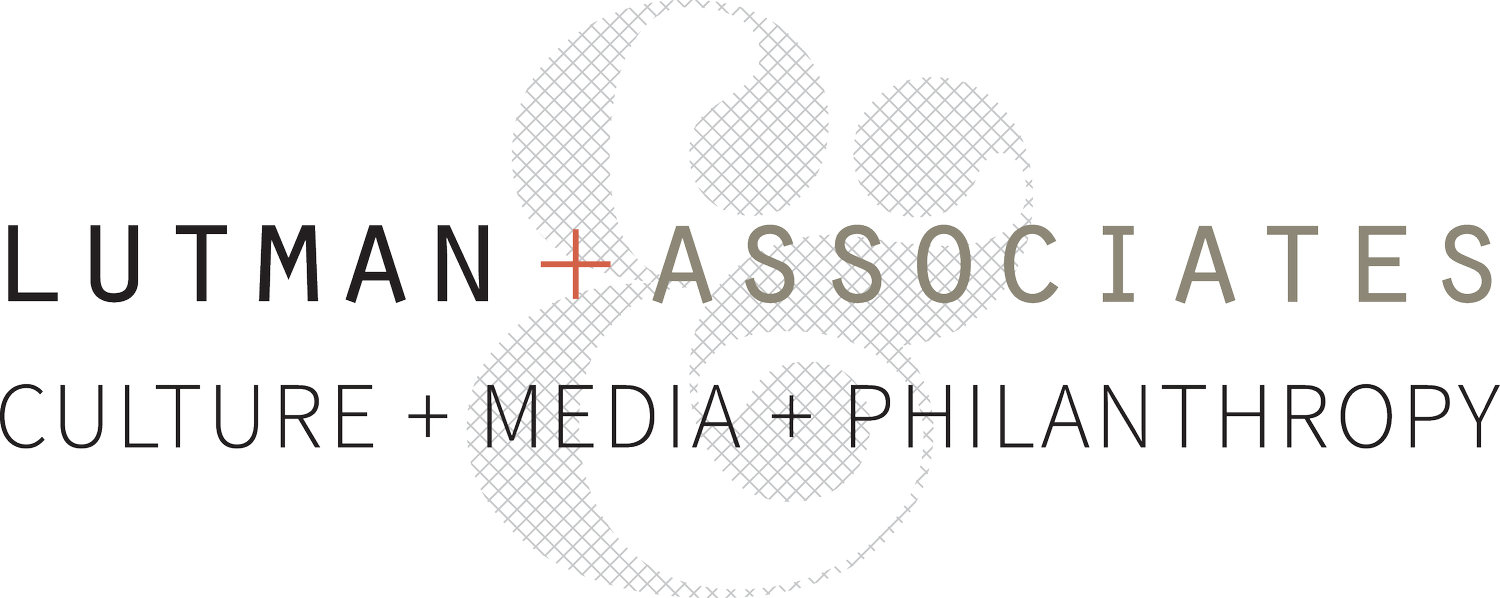Originally published in the February, 2016 issue of Twin Cities Business Magazine
What are the ripple effects from Mark Zuckerberg and Priscilla Chan's charitable giving?
When Facebook founder Mark Zuckerberg and his wife, Priscilla Chan, welcomed their baby girl, Max, they simultaneously announced their intent to give away 99 percent of their Facebook shares “to advance human potential and promote equality for all children in the next generation.” The size of this whopping gift was estimated at $45 billion.
It only makes sense that the Chan-Zuckerbergs chose Facebook to tell their story, scripted as a letter to their newborn and accompanied by a picture of the new family. The multi-page letter is worth a read, as it lays out the rationale and likely interests of what will be a major new philanthropy. What’s unusual, controversial, and therefore the focus of most news coverage: the way the couple decided to structure their “gift.”
What the couple announced is the creation of the Chan Zuckerberg Initiative, a Delaware-based limited liability corporation that Zuckerberg will lead while he continues as Facebook’s CEO. Using the LLC structure, the initiative can do things that a traditional foundation or nonprofit cannot.
Like what?
First, the LLC can invest in startups and existing businesses whose purposes align with the initiative’s stated areas of initial focus: personalized learning, curing disease, connecting people through the Internet, and building strong communities.
Second, the LLC can engage in public policy debates and lobbying in ways that are prohibited within the statutes governing the nonprofit sector.
Third, the LLC can operate outside the regulatory environment of the nonprofit sector, which requires transparency with respect to governance, operations, investments and spending. As private entities, LLCs bear none of these reporting burdens.
And fourth, it can make charitable gifts. It can behave like a traditional charitable foundation by making grants to nonprofits and it can fund individuals without the restrictions faced by traditional foundation structures.
Trista Harris, president of the Minnesota Council on Foundations, shared her thoughts about the Chan Zuckerberg Initiative’s impact on the philanthropic sector. “Maybe tech entrepreneurs, in particular, don’t want to be hindered by the tools they use for philanthropy,” she says. “There is more blurring of the lines between business and philanthropy. Entrepreneurs see many ways to make change happen; charitable gifts are one way, but not the only way.”
What does she mean by blurring the lines between business and philanthropy? “The B corporation, in Minnesota, is a good example,” she says. “These are for-profit businesses with a social purpose. People are trying to figure out how to make a difference. They can volunteer, make a gift, invent new things or start a business. These approaches seem equally valid.”
She and Jon Pratt, executive director of the Minnesota Council of Nonprofits, agreed that the most controversial element of the Chan Zuckerberg Initiative is the lack of transparency in an LLC compared with a nonprofit organization. “There is a public trust that happens when anyone gives a gift to a foundation or public charity. The donor gives up control and they receive a significant tax advantage in return,” Harris explains. But in the case of Chan Zuckerberg, “the couple is preserving their options,” Pratt says. “This was not a transfer of control but a structure that allows [them] to maintain it.” Should nonprofits be worried about this? Neither Pratt nor Harris thinks so. “I think it’s generous,” Harris says. “It follows in the tradition of the Dayton family and the Minnesotans who founded the 2 Percent and 5 Percent clubs in the 20th century” with their statements of philanthropic intent.
“It’s a public expression of commitment,” Pratt explains. “It’s a positive development when people of extreme wealth show that their fortunes should benefit the public.” Harris thinks the couple’s move will stimulate other people to give and reflects a willingness to innovate, exploring all the tools available to achieve the desired results.
Traditional philanthropies in Minnesota are already exploring some of the avenues that Chan Zuckerberg can pursue, though again, the LLC structure allows much more freedom and requires less public reporting. For example, in 2014 the McKnight Foundation announced it would invest 10 percent of its $2 billion endowment assets in businesses that can advance its programmatic aims. Further, many local charities and foundations have invested time and dollars in grassroots public policy work. While their activities fall short of the direct lobbying that Chan Zuckerberg can engage in, they’re nonetheless collaborating on major education efforts to inform public policy. The Minneminds’ campaign—aimed at improving families’ access to quality child care in our state—is a strong example.
The Chan Zuckerberg Initiative will allow all these activities, but under one roof. “These folks have transformed entire industries in relatively short periods of time,” Pratt observes. “So when it comes to solving [seemingly] intractable problems like social justice, better educational outcomes, improved health and environmental protection, they think, ‘How hard can this be?’ They want to get going.”
